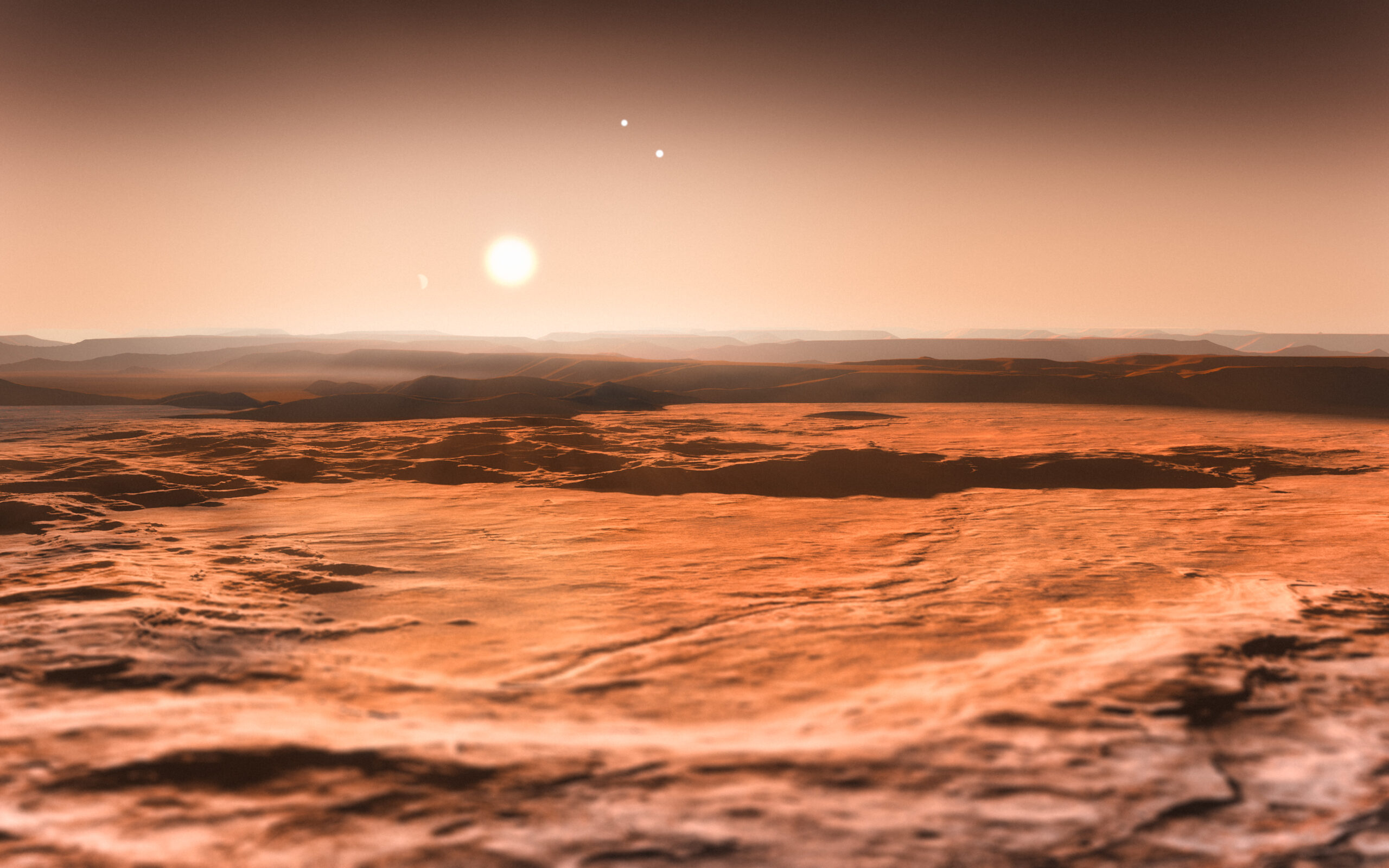The exoplanet discovery race is on. Since 1995, when the first exoplanets were found orbiting a pulsar (a fast-spinning neutron star), astronomers have discovered more than 2,000 planets around other stars. The most striking thing about this large sample of alien worlds is their diversity: these planets are unlike anything in our solar system.
Jupiter is the fifth and largest planet in solar system. It was known as a planet, but after many discoveries of other large objects in space, astronomers reclassified it as a “dwarf planet”, along with Pluto and Eris. Scientists are still trying to figure out exactly what Jupiter is made of. Is there life on Jupiter? The Jovian planets may be huge compared to Earth, but they are all much smaller than stars.
Jupiter is the largest planet in our solar system and has a diameter 11 times that of Earth. Although its composition is primarily hydrogen and helium, astronomers say that Jupiter’s atmosphere could contain traces of water.
Life On Jupiter
Life as we know it is carbon and oxygen-based. While some chemical compounds can be created without these elements, they do not move molecules around or create energy. To exist, a planet needs an atmosphere capable of creating the right conditions for life to form. If a planet’s atmosphere lacks certain key components, such as oxygen or carbon dioxide, or contains others that would interfere with successful life forms, chances are good that no matter how many moons orbit its surface, living organisms cannot sustain.
Jupiter, the largest planet in our solar system, is a very different place from Earth. Jupiter’s atmosphere is composed primarily of hydrogen and helium, with traces of other elements such as methane, water vapor, ammonia gas, and high-energy radiation. Any life that might exist on Jupiter would have to survive under extreme conditions that are alien to anything found on Earth.
Scientists have discovered that Jupiter’s moon, Europa, may support life.
The surface of Europa is a frozen wasteland. Any living thing on the moon would have to live in subsurface oceans warmed by geothermal energy. Theoretically, these oceans could support life similar to that found at hydrothermal vents on Earth. There could also be exotic forms of life-based on elements such as sulfur and phosphorus. The first step toward finding out if there is any life on Jupiter’s moon, Europa, may have just been taken by NASA. The space agency has announced that it will be sending the probe “Europa Clipper” to the moon to search for evidence of microbial life beneath its icy surface.
It is one of the most mysterious planets in our solar system. It is an ocean world, with more water than all the Earth’s oceans combined, but it is also a rocky world. Jupiter is so massive that its strong gravity accelerates atoms to speeds approaching that of light. The immense pressures at the planet’s core are so intense that hydrogen becomes a metal and undergoes nuclear fusion, producing enough energy to power all of our sun’s other planets combined.
Can We Live on Jupiter?
If we wanted to live on Jupiter, or any other planet or star, it would have to be very similar to Earth. That’s because life as we know it has evolved in a very specific way and doesn’t tolerate a wide range of temperatures and pressures. If conditions weren’t just right, life probably wouldn’t exist. So, if you were thinking about moving to Jupiter anytime soon, think again! Here are some reasons why life cannot exist on Jupiter.
The first reason is that Jupiter is so big. It’s by far our solar system’s largest planet with a diameter over 11 times larger than that of Earth. If you were to compare it to Earth, it would be like comparing an orange to a basketball! Jupiter has several layers and they are very different from each other. The atmosphere, or layer closest to its surface, contains mostly hydrogen and helium gases. Further down are liquid metallic hydrogen layers where temperatures reach thousands of degrees Fahrenheit and pressures are hundreds of thousands of times greater than those found at sea level on Earth!
Another reason why life cannot exist on Jupiter is because it spins really fast! In fact, it spins around once every 10 hours. That’s so fast that if you lived there you would only see a sunrise or sunset about once a week! And that’s not all—it also has extreme winds and storms which can reach up to 600 miles per hour! If we wanted to live on Jupiter we would have to withstand these harsh conditions as well.
The last reason why life cannot exist on Jupiter is because of its moons. There are 63 known moons and they are all very different from each other. Some are small, some are big, and some even have their own rings! But what’s most interesting about them is that they all orbit around Jupiter at different speeds! For example, one moon orbits around every 1.5 days while another takes over 12 years to complete a single orbit!
![]()
